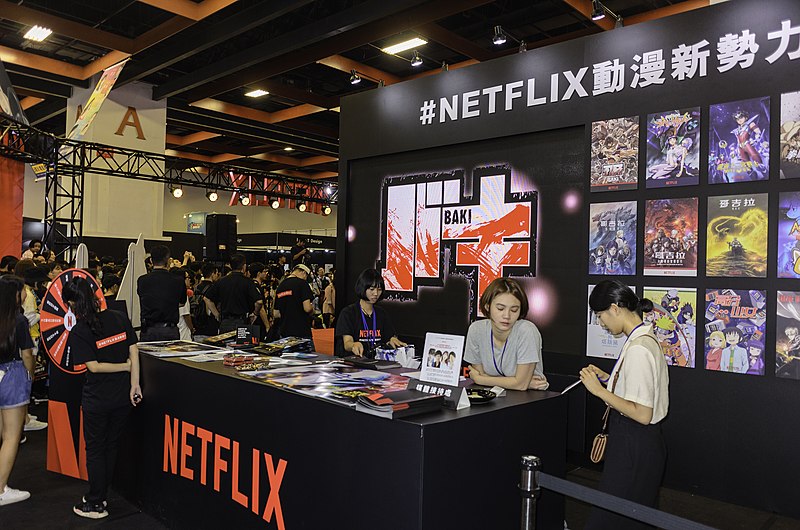
Writer Kyra Jones anticipated a financial setback when she joined the writing team for the Hulu comedy series "Woke."
However, the reality of her first payment for digital rentals from the show was disheartening. After taxes, she received a meager $4, barely enough for a latte. In comparison, her residuals for writing a single episode of the ABC drama "Queens" amounted to $12,000.
Jones acknowledged that residuals from streaming services would be lower than those from broadcast networks, but she never expected it to be that bad.
Residuals have become a central issue in the ongoing strike by 11,500 members of the Writers Guild of America, who are demanding better compensation and staffing commitments from Hollywood studios.
The writers argue that streaming services, which disrupted decades of television industry practices, have significantly reduced their earnings. They are seeking to recover lost income by proposing streaming payments based on the number of views an episode receives and the number of international subscribers.
The Alliance of Motion Picture and Television Producers, negotiating on behalf of the studios, contends that streaming has benefited writers by providing more job opportunities and allowing them to earn income from shows that were canceled or would not have been syndicated otherwise.
In the past, writers received multiple paychecks when broadcast networks dominated television. In addition to their weekly salaries, they received script fees for each episode they wrote and collected residuals every time the show aired again, often during the summer months.
However, streaming changed the compensation structure, with streaming residuals now constituting the largest share of TV residuals.
Kristine Huntley, a writer and producer on the AppleTV+ series "Surfside Girls," explained that residuals have decreased significantly. Previously, writers could rely on residuals to sustain them during periods of unemployment, but now the amounts have dropped to a level where a five-figure residual has become a three-figure residual.
While writers still receive weekly paychecks and per-episode writing fees, streaming series typically have fewer episodes per season, resulting in fewer writing credits and lower compensation.
Unlike traditional residuals based on the number of views, streaming residuals are determined by a fixed annual fee that takes into account the number of subscribers. Platforms like Netflix, Amazon Prime Video, and Disney+ pay higher amounts to writers.
According to one studio executive, writers negotiated a 46% increase in residuals for streaming programs starting in 2022. Another industry source revealed that residuals reached an all-time high last year, with almost 45% coming from streaming, primarily from Netflix.
The latest proposal from the writers' guild seeks to raise foreign streaming residuals by 200%. However, studio executives argue that this fails to consider the variation in subscription fees across different countries.
The guild aims to bridge the gap between domestic and international residual payments.
For instance, Netflix currently pays $20,018 as a residual for a one-hour episode airing in the United States, but only one-third of that amount for the same episode streamed by over 150 million global subscribers.
Leila Cohan, a Hollywood writer with over a decade of experience, has worked on both network TV shows and streaming series. Despite being a co-executive producer on Netflix's popular period drama "Bridgerton," it was the lower-profile MTV Network comedy "Awkward" that generated higher residual payments for Cohan, who wrote five episodes over the show's final two seasons.
While the residuals from "Awkward" were not enough to live off, they provided a substantial supplement. Cohan still receives a couple of thousand dollars annually from it. Photo by 玄 史生, Wikimedia commons.











































